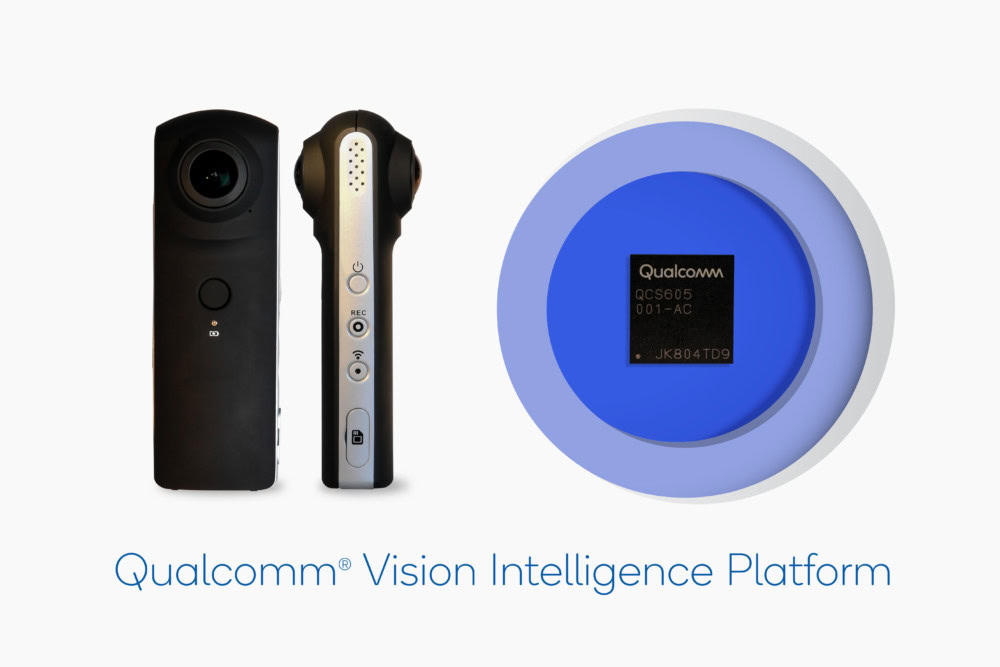Affiliate links on Android Authority may earn us a commission. Learn more.
Qualcomm releases chipsets specifically for IoT hardware

- Qualcomm announced today that it would release two new chips specifically designed for the Internet of Things.
- The QCS605 and QCS603 are the first installments in the Qualcomm Vision Intelligence Platform.
- The chipsets will likely be used in things like smart security systems, autonomous robots, and action cameras.
While the Qualcomm Snapdragon series of chipsets are pretty much synonymous with flagship smartphones, it’s not just mobile devices that need fast processing speeds along with excellent battery life. With the Internet of Things (IoT) looking more and more like the future, Qualcomm needs to offer a product for smart home gear, too.
That’s why today, Qualcomm unveiled the Qualcomm Vision Intelligence Platform, featuring the company’s first SoCs explicitly built for IoT hardware.

The brand new QCS605 and QCS603 chipsets are 10nm chips that are engineered to run on things like security systems, autonomous vehicles, robots, and action cameras. Qualcomm focused on making the chips powerful and loaded with features related to AI and machine learning, while also being power-efficient.
Many of the features in top-of-the-line smartphones are supported on the Qualcomm Vision Intelligence Platform, including 4K video recording at 60fps, support for major graphics APIs, Wi-Fi, Bluetooth, and the ability to integrate with virtual assistants like Google Assistant and Amazon Alexa.
However, unlike most chipsets found in smartphones, the QCS605 and QCS603 also support things like obstacle avoidance, which would be used in applications like autonomous vehicles and robot vacuums.
The goal is to entice companies to use Qualcomm chips in their smart hardware, not just their smartphones. Since Qualcomm is the fourth-largest semiconductor manufacturer in the world, there’s plenty of room for company growth outside the smartphone industry. If it can take future business away from top dogs Samsung and Intel, it could become even more of a powerhouse than it already is.
With Huawei’s chip-making arm HiSilicon also making considerable advancements in the industry, the stage is set for a fight for dominance in the relatively new IoT market.